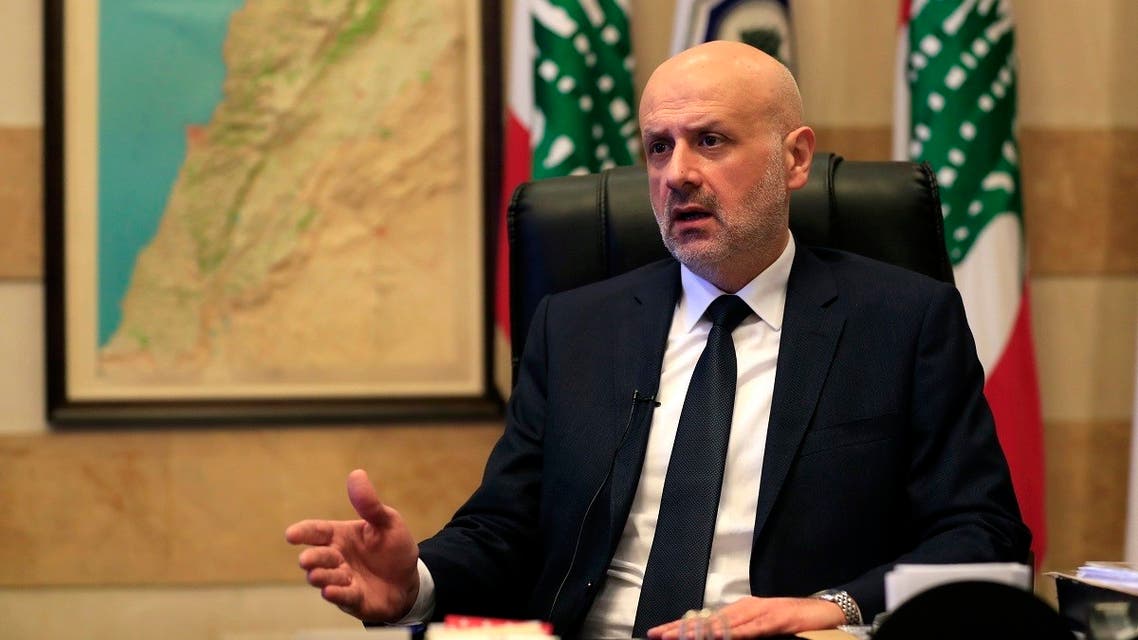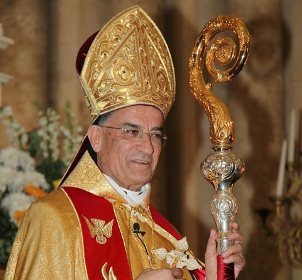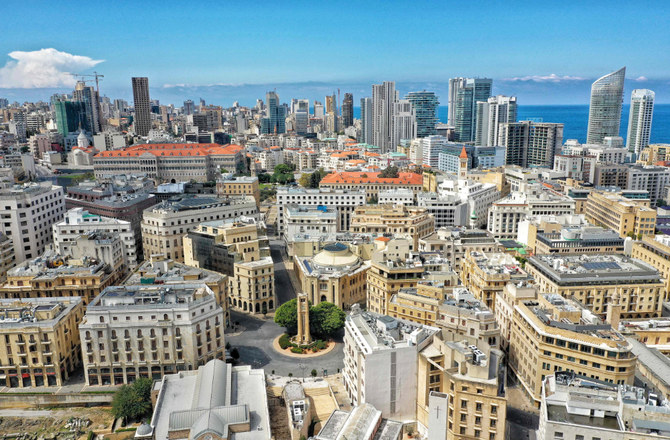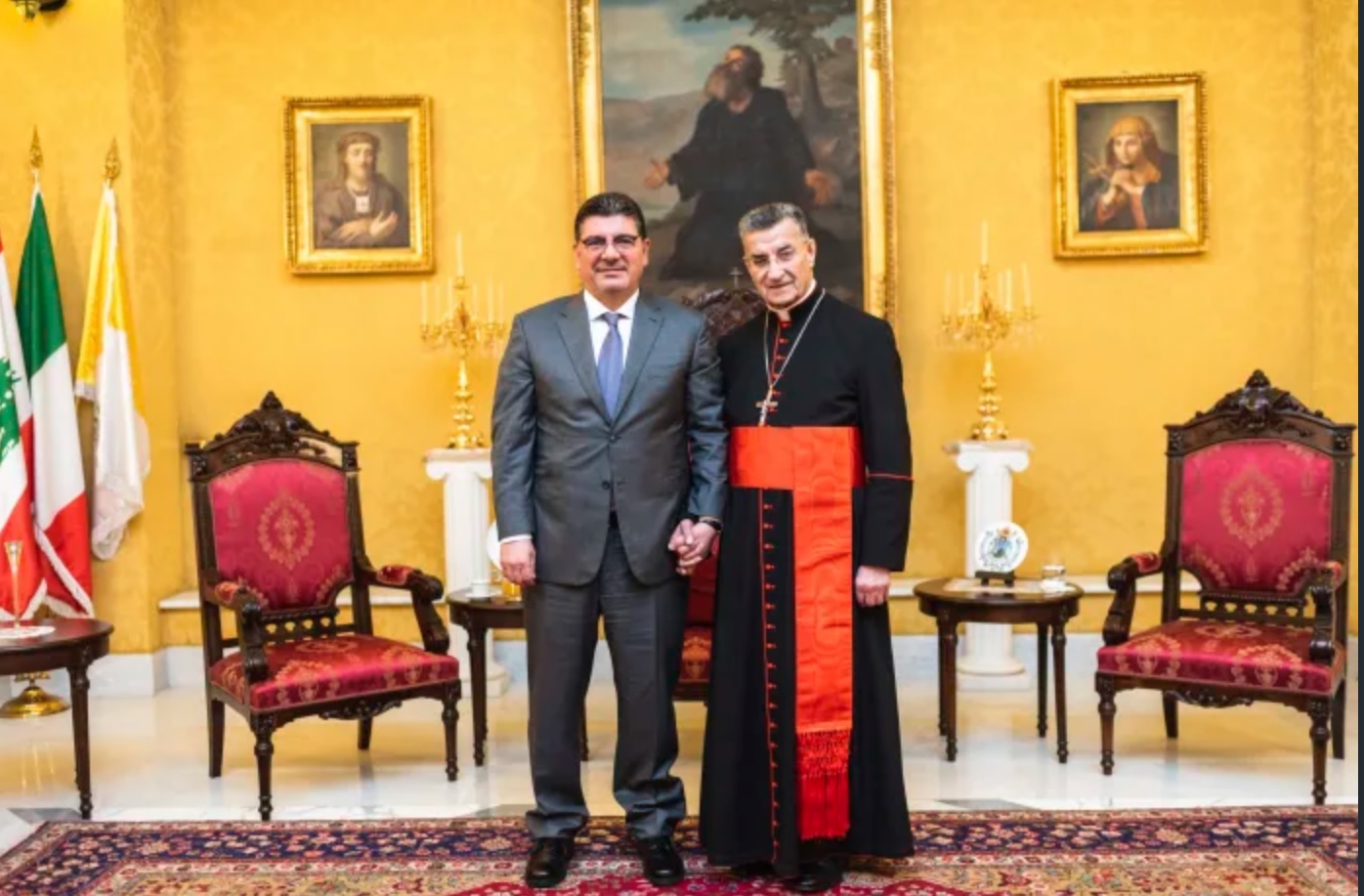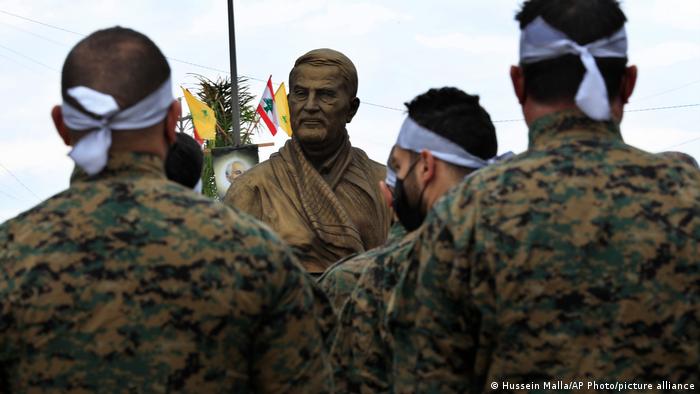
سجعان قزي
@AzziSejean
الدويلاتُ السابقةُ التي نَشأت أثناءَ مرحلةِ الحربِ اللبنانيّة بين السبعيناتِ والتسعيناتِ كانت تنتظرُ عودةَ الدولةِ اللبنانيّةِ إثرَ “اتفاقِ الطائف” لتعودَ إليها. أما دويلةُ حزبِ الله اليوم فتَنتظرُ سقوطَ الدولةِ اللبنانيّة لتَحُلَّ مكانَها. وفيما نطالبُ الدولةَ أن تَضعَ حدًّا للسلاحِ غيرِ الشرعي ـــ ولو من بابِ التمنّي ـــ تلجأُ الدولةُ إلى وسائلَ غيرِ شرعيّةٍ لتُنفِّذَ نزواتِها وتسهِّلَ سيطرةَ حزبِ الله. حتى الدولةُ لم تَعد دولةً في لبنان. معابرُ التَسلُّلِ إلى الدولةِ سائبةٌ أكثرَ من المعابرِ الحدوديّة. فَقدَت السلطةُ شرعيّتَها. ومَن يَفقِدُ شرعيّتَه لا يعودُ يرى شيئًا غيرَ شرعيٍّ. بِـتنا نَعيشُ بين الدولةِ الـمُسيَّرةِ ودويلةِ المسيَّرات.
الاستنتاجُ الأوّل: عبثيّةُ مطالبةِ سلطةِ هذه الدولةِ بحلِّ دويلةِ حزبِ الله طالما هي جُزءٌ لا يَتجزّأُ منها. والاستنتاجُ الآخَر: ضرورةُ تغييرِ السلطةِ لنبنيَ دولةً جديدةً لا تَتنازلُ عن شرعيّتها وتُنفِّذُ الدستورَ والقوانين مهما كان الثمنُ لأنَّ أيَّ ثمنٍ يَبقى أرخصَ مـمّا نَدفعُه الآن. في هذا السياق، لماذا تَتحاشى الدولةُ التزامَ القراراتِ الدُوليّةِ لاسيما القراران 1559 و1701 خَشيةَ الاشتباكِ مع حزبِ الله، ولا يَتحاشى حزبُ الله انتهاكَ الدستورِ اللبنانيِّ والقراراتِ الدُوليّةِ وتعريضَ لبنانَ لخطرٍ عسكريٍّ خَشيةَ الاشتباكِ مع الدولة؟ الجواب: الحزبُ لا يَعتبرُها والدولةُ تخافُه.
علاوةً على الدولةِ بكلِّ مؤسّساتِها المدنيّةِ والعسكريّةِ، جميعُ الأطرافِ اللبنانيّين تحاشَوا حزبَ الله وتَساهلوا معه واكتفَوا بمواقفَ إعلاميّةٍ عابرةٍ رفعِ عتَبٍ أمامَ جماهيرهم. اسْتخلَصَ الحزبُ أنْ لا أحدَ يَجرؤ على التصدّي له مهما فعل، فاطْمأنَّ على وضعِه وتمادى في ممارساتِه حتّى تجاوزَ حدودَ الأدبِ في التَفَــوُّه بكلمات كــــ”التَكْنيسِ والترحيلِ والتخوينِ”… صحيحٌ أنْ لا أحدَ يَبحثُ عن صِدامٍ مع حزبِ الله، لكن إذا تخطّى حدودَه مثلما فَعلَ في عين الرمانة فسيَجدُ الردَّ الملائِم. فالعينُ سهرانة والرُمّانةُ ملآنة.
